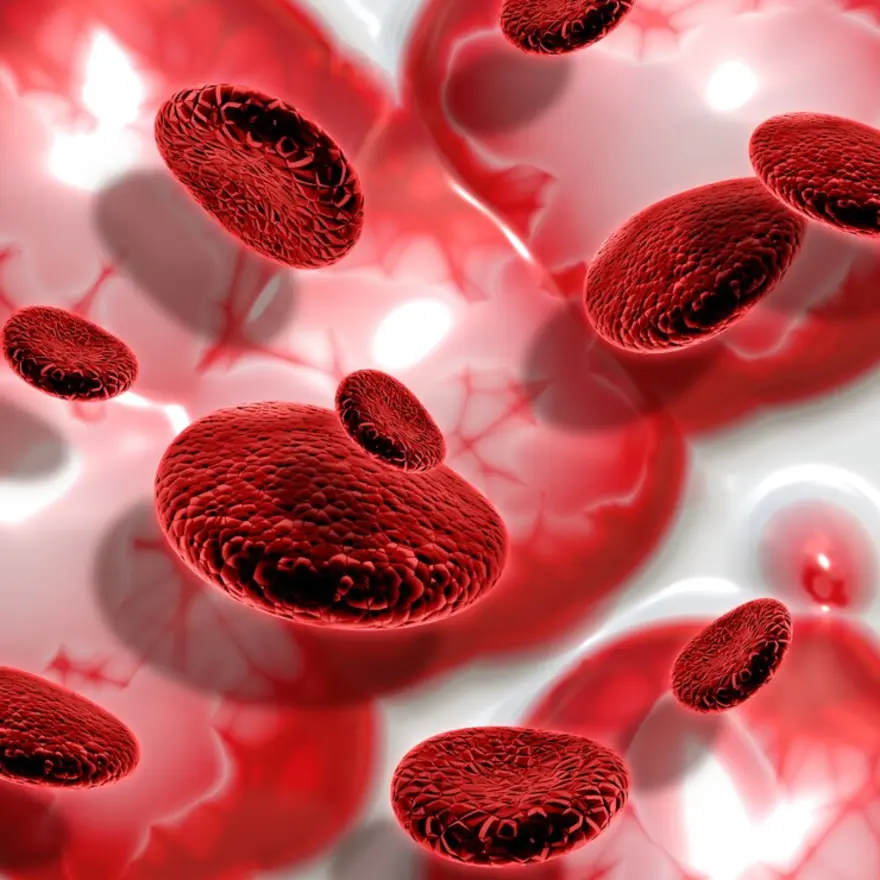NextGen BRCA Somatic, FFPE tissue
50+ booked in last 3 daysOverview
Next-generation sequencing (NextGen) of BRCA somatic mutations in formalin-fixed paraffin-embedded (FFPE) tissue samples plays a pivotal role in identifying specific genetic alterations within the BRCA genes. This molecular analysis is particularly relevant in the context of PARP inhibitor therapy. PARP inhibitors are a class of targeted cancer treatments that show effectiveness in patients with BRCA mutations, as these mutations impair DNA repair mechanisms. By assessing somatic mutations in the BRCA genes using NextGen sequencing on FFPE tissue samples, healthcare providers can identify actionable genetic changes that inform the use of PARP inhibitor therapies. This personalized approach enhances treatment decisions and potentially improves outcomes for individuals with cancers linked to BRCA mutations.
NextGen BRCA Somatic, FFPE tissue Price
Metropolis Healthcare is a leading diagnostics centre and pathology lab in India equipped with the latest state-of-the-art technologies that provides the NextGen BRCA Somatic, FFPE tissue with a clear pricing structure.
The NextGen BRCA Somatic, FFPE tissue Price in Mumbai is ₹ 22,000 .
We are committed to deliver accurate and quality results from the best labs in India with complete transparency regarding test cost and turnaround time. No matter where you are, we strive to offer patients high-quality service that is affordable and accessible.
Frequently Asked Questions
This test measures specific genetic mutations in the BRCA genes. Mutations in these genes increase the risk of developing certain types of cancer, particularly breast and ovarian cancer.
• To identify mutations in the BRCA genes that may increase the risk of developing certain types of cancer
• To determine eligibility for targeted therapies, such as PARP inhibitor therapy
• To assess the response to treatment in patients receiving PARP inhibitor therapy
• To provide a personalised risk assessment for individuals with a family history of breast or ovarian cancer
This test is recommended for individuals who
- have a personal or family history of breast or ovarian cancer,
- have already been diagnosed with breast or ovarian cancer and want to determine if they have an inherited mutation,
- are considering or undergoing targeted therapies, such as PARP inhibitor therapy, or
- have a family member with a known BRCA mutation.
Abnormal results may indicate the presence of specific genetic mutations that increase the risk of developing certain types of cancer.
A sample of tissue containing the tumour, fixed in formalin and embedded in paraffin, will be required for testing. The test uses a method called Next-Generation Sequencing (NGS) to analyse the specific BRCA gene mutations.
• Provide your clinical history and any relevant histopathology reports.
• Follow any specific instructions given by your doctor regarding fasting or medication usage prior to the test.
• Inform your doctor if you have any specific requirements.
• BRCA1/2 germline testing: This test identifies inherited mutations in the BRCA genes.
• HER2 testing: This test determines whether a patient's cancer cells have an excess of HER2 protein, which helps guide treatment decisions.
• Hormone receptor testing: This test determines if cancer cells contain receptors for oestrogen or progesterone, aiding in treatment selection.
Next-Generation Sequencing (NGS) BRCA Somatic Test
Breast cancer is a disease that occurs when there is uncontrolled growth of abnormal cells in the breast tissue, often forming a lump or mass. Ovarian cancer refers to abnormal cell growth in the ovaries. Both cancers can be life-threatening if not detected and treated early.
Ratings & Reviews (0)
Why Metropolis?
Metropolis has a team of 200 senior pathologists and over 2000 technicians delivering diagnostic solutions in the areas of routine, semi specialty and super specialty domains like Oncology, Neurology, Gynaecology, Nephrology and many more.
We offer a comprehensive range of 4000+ clinical laboratory tests and profiles, which are used for prediction, early detection, diagnostic screening, confirmation and/or monitoring of the disease.



.png)

















 WhatsApp
WhatsApp